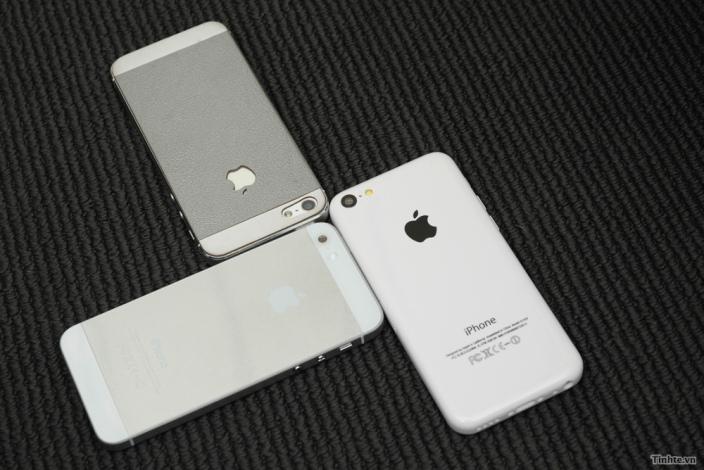
So, here's an article that requires me to open a can of worms in order to address it. On the one hand, I'm picky about how the overall design of my device looks. I like it to look beautiful on the outside and the inside. One of the features I love most about my HTC One is that it features an aluminum unibody, because before you do any drops or dings against it it looks pretty awesome. But just like the issue that plagued the aluminum iPhone 5, certain aspects of the design aren't immune to the effects of wear and tear. Just today I noticed that little silver spots were showing up on my beautiful black HTC One. Although alumium might be seen as more of a "premium" material, that doesn't necessarily mean that it's not just as prone to unsightlies like every other material is.
And that got me thinking, why do I care so much about what my device is made out of? Does it really matter? I mean, for the most part I have a case on my device. Not only because it protects the device from the evils of the world that are out to get it, but also because it helps (me at least) get a better grip on an otherwise slippery device. Regardless of what the actual phone itself is made out of, I'm always covering it up with something else anyway. I'm really starting to wonder if it makes a difference or not.
I mean, there's definitely the plus side to the whole argument of "Why does it matter if you're just going to put a case on it anyway?" I know when I'm done with a phone, I always consider what it's worth on the market before trying to trade it in for pennies at the retail store. I don't think I've ever owned a phone where I couldn't get a better deal by selling it on somewhere like Craigslist or E-Bay, but naturally by choosing to go with either of those routes you're going to get a better deal (or a higher chance of being mugged) by having a phone in a better condition. While I and most people I know generally put a case on their device, I've heard from quite a few readers that they just can't stand masking a beautiful device with something like a case. And, to be fair, phone manufacturers should have some sort of obligation to make their phone at least somewhat able to hold their own against certain hazardous situations, but like anything in this world sometimes you just have to take extra precautions yourself. But I digress, by having your phone in pristine, or near pristine condition when trying to sell it, you're likely to get more money out of the deal.
But even for people who don't use a case, how important is it that the back of your device stays blemish free? After all, the back of the device isn't really what matters - all it's really doing is essentially protecting the parts that make your phone tick. I think most people would agree that the part of the phone you don't want to mess up is the screen, but the back? Who cares if you get a scratch or two on the housing? The only thing a scratch does is affect the device cosmetically. It's not one of those dire situations where if you don't get it fixed right away it's going to cause more problems later down the road, like liquid damage or internal cracks.
I give Apple a hard time on the iPhone 5C because of the price they're charging for the new polycarbonte back. Realistically, we all know that polycarbonate is stronger than aluminum is, but we also know that it's a lot cheaper to produce than aluminum is. The truth of the matter is, I don't mind so much that the 5C is made out of polycarbonate - in fact, it's probably a good move for Apple. The glass backs of the iPhone 4 and 4S may have made the device look shiny, but I'll tell you what - the shattered back of an iPhone 4/4S is one of the most cringeworthy sights I've seen while working in the retail industry. The only thought that went through my head was "It didn't have to be this way!" But, in the end, the most of the time the bark was worse than the bite. The back might have looked god awful, but the phone itself was still alright in most cases.
In the end, no matter what material the phone is made out of, a device without a case is still a device without a case, and a device with a case means that whatever is underneath hardly matters compared what's covering it. Does it really, truly matter what the housing of a device is made out of?
Images via Tinhte, HTC